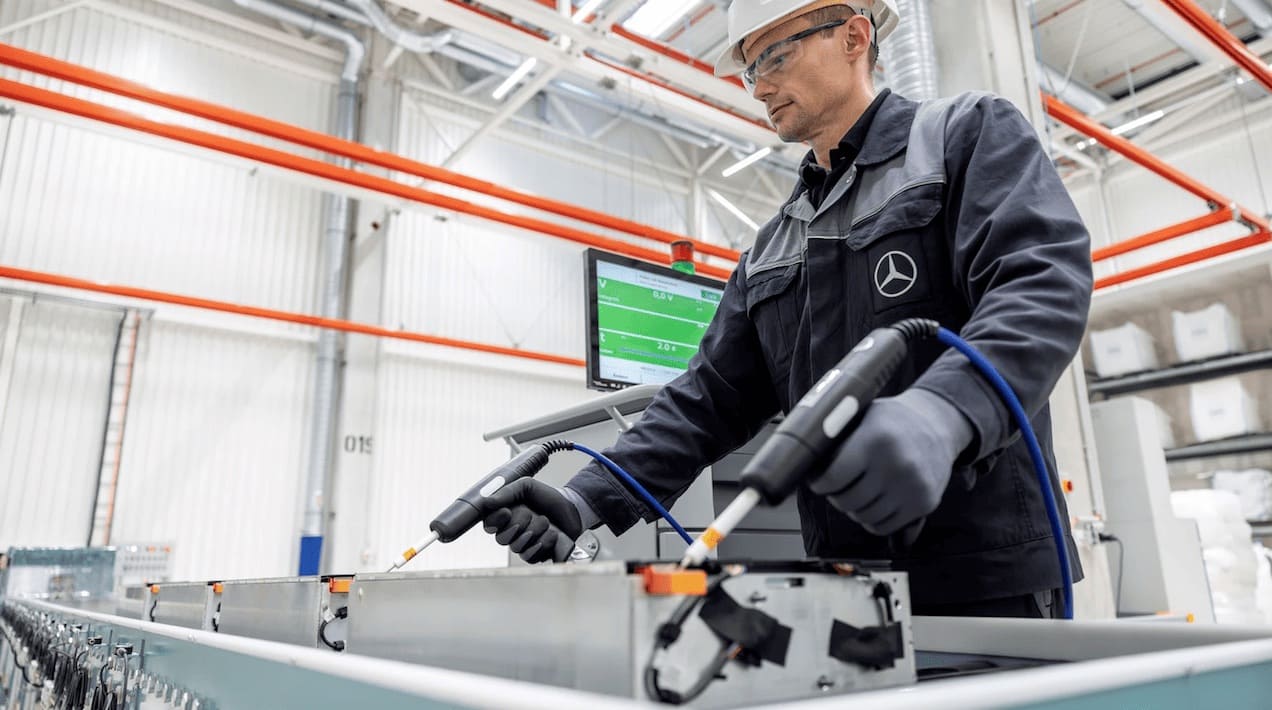
If end-of-life batteries were properly recycled, Europe could reduce its dependency on other countries for mineral imports by up to a quarter. According to a study by Transport & Environment (T&E), the leading European organization focused on transport decarbonization, recycling battery materials could power up to 2.4 million electric vehicles (BEVs). However, this is an optimistic forecast, as the reality is quite different. According to T&E’s report, there is a risk that the EU and the UK will not fully capitalize on this opportunity.
The EU self-sufficient in cobalt by 2040
According to T&E data, recycling of spent cells and production waste could provide 14% of the lithium, 16% of the nickel, 17% of the manganese, and 25% of the cobalt that Europe will need to produce electric vehicles essential for decarbonization. Looking ahead to 2040, these percentages could even increase, and Europe could achieve self-sufficiency in cobalt.
“If Europe is able to confirm and stick to its battery recycling plans, it will significantly reduce its dependence on imported critical metals. The volumes expected to be extracted from the recycling supply chain could provide the European industry with enough materials to produce millions of electric cars,” emphasized Andrea Boraschi, Director of T&E Italy.
Battery recycling equals having 12 new mines
To understand the importance of recycling, T&E’s research estimates that by 2040, the volume of materials recovered globally could create 12 new mines, including four for lithium, three for nickel, four for cobalt, and one for manganese. This would reduce the negative impact on water, soil, and biodiversity, which are closely linked to these extraction activities. Moreover, if the recycling industry were localized in Europe, the carbon footprint of lithium could be reduced by 19% compared to the extraction of this highly sought-after mineral in Australia and its refinement in China.
Europe and the UK must support the recycling industry
Throughout the study, there is a key point that must be highlighted: to seize this potential, Europe must support its recycling industry. T&E has called on the EU and the UK to urgently back recycling in their policies and funding programs. “Neither the EU nor the UK are yet ready to seize the opportunity of recycling materials linked to the battery supply chain. Nearly half of the projected recycling capacity is at risk due to high energy costs, a lack of technical expertise, or insufficient financial support. It’s time to frame and regulate battery recycling on par with any other clean technology, as a key solution in the decarbonization framework, and to prioritize it in our policies and grants,” added Andrea Boraschi.
The upcoming EU proposal for a Circular Economy Act should support the expansion of the European industry while limiting exports of waste from batteries and simplifying the intra-EU circulation of materials extracted from end-of-life batteries.